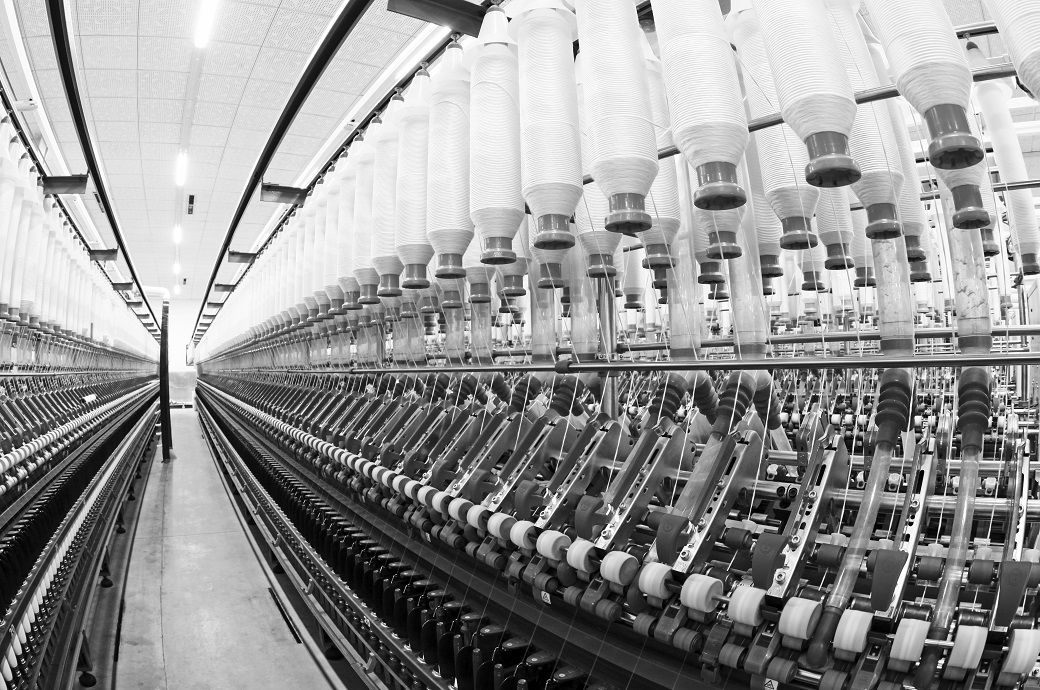
February data pointed to the slowest overall increase in average cost burdens since April 2021. Rising customer demand and improving business confidence in February was attributed to lower economic uncertainty, fewer supply shortages, and falling inflation. That said, prices charged inflation eased only fractionally, according to the S&P Global/CIPS Flash UK Composite PMI report.
Goods producers mostly linked the rise in output to recovering client demand, while some also noted that improving supply conditions had helped to boost factory production. Reflecting this, the latest survey signalled the fastest improvement in suppliers’ delivery times since June 2009.
Total volumes of new work received by UK private sector businesses increased for the first time in seven months and at the strongest pace since May 2022. A solid upturn in new orders across the service economy contrasted with a marginal reduction in the manufacturing sector. Service providers benefitted from a third consecutive monthly rise in new export sales, while goods producers recorded another decline.
Input cost inflation eased for the third month running in February, with manufacturers recording a particularly marked slowdown in price pressures. The most commonly cited sources of cost inflation were higher wages, greater energy bills, and exchange rate depreciation against the US dollar. Meanwhile, lower purchase prices mostly reflected reduced fuel costs and falling shipping rates. Some firms also noted fewer supplier surcharges linked to natural gas prices.
February data pointed to another steep increase in average prices charged by private sector companies and the rate of inflation was down only slightly since the beginning of 2023. Lower prices charged inflation was led by the manufacturing sector. The latest rise in factory gate prices was the weakest since January 2021.
Finally, mirroring the positive trends for output and new orders, latest survey data indicated a strong rebound in growth expectations for the year ahead. The degree of optimism regarding business activity over the next 12 months was the highest since March 2022. This index has risen in each of the past four months, signalling a strong recovery in business confidence from the low point seen last October.
Positive sentiment was often attributed to improving sales pipelines, the restart of delayed projects, and signs of a recovery in business investment. Optimism was also supported by hopes that global inflationary pressures had started to wane, and fewer interest rate hikes were on the horizon.
“While many companies continue to report tough operating conditions, especially in the manufacturing sector, the broader business mood has been buoyed by signs of inflation peaking, supply chains improving, and recession risks easing. The stress created by last autumn’s mini budget is also continuing to work its way out of the financial system,” commented Chris Williamson, chief business economist at S&P Global Market Intelligence.
ALCHEMPro News Desk (NB)
Receive daily prices and market insights straight to your inbox. Subscribe to AlchemPro Weekly!